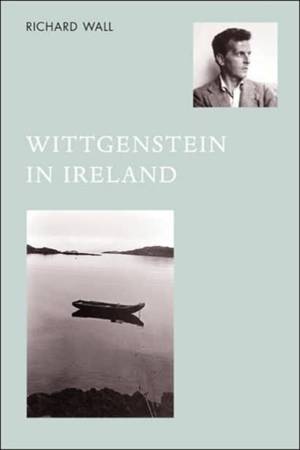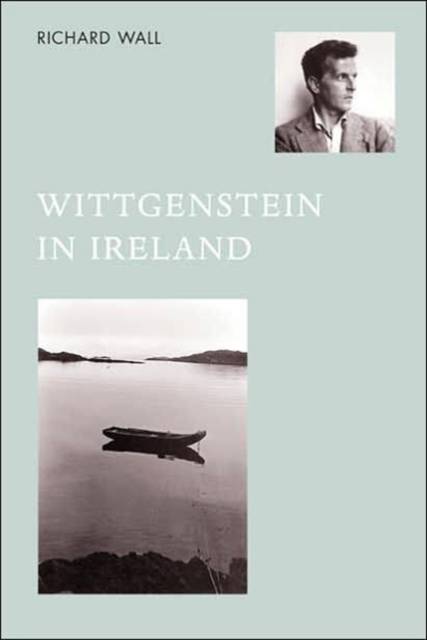
En raison d'une grêve chez bpost, votre commande pourrait être retardée. Vous avez besoin d’un livre rapidement ? Nos magasins vous accueillent à bras ouverts !
- Retrait gratuit dans votre magasin Club
- 7.000.000 titres dans notre catalogue
- Payer en toute sécurité
- Toujours un magasin près de chez vous
En raison de la grêve chez bpost, votre commande pourrait être retardée. Vous avez besoin d’un livre rapidement ? Nos magasins vous accueillent à bras ouverts !
- Retrait gratuit dans votre magasin Club
- 7.000.0000 titres dans notre catalogue
- Payer en toute sécurité
- Toujours un magasin près de chez vous
Description
Having visited Ireland regularly during the 1930s, Ludwig Wittgenstein resigned his Cambridge philosophy professorship in 1947 and moved there, living in a fishing village on the Atlantic coast and hotels in Dublin and the Wicklow Mountains. Although Wittgenstein spent some time out of the country, Ireland was effectively his base for three very productive years during which he worked on what would become one of his key books, the posthumously published Philosophical Investigations. Wittgenstein in Ireland represents the first sustained account of Wittgenstein's time in Ireland, placing it in its historical context. Wall pays a good deal of attention to the representation of the Irish landscape in which the Austrian philosopher found himself able to work; a large part of his writings were produced in the bleak landscapes of Ireland and Norway.
Spécifications
Parties prenantes
- Auteur(s) :
- Editeur:
Contenu
- Nombre de pages :
- 202
- Langue:
- Anglais
Caractéristiques
- EAN:
- 9781861890771
- Date de parution :
- 01-12-00
- Format:
- Livre broché
- Format numérique:
- Trade paperback (VS)
- Dimensions :
- 140 mm x 205 mm
- Poids :
- 258 g

Les avis
Nous publions uniquement les avis qui respectent les conditions requises. Consultez nos conditions pour les avis.






